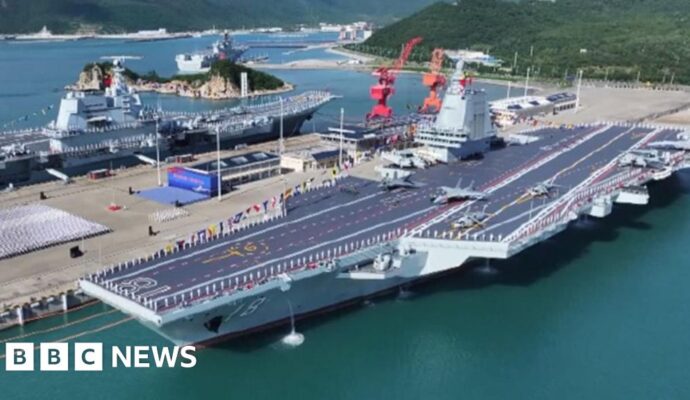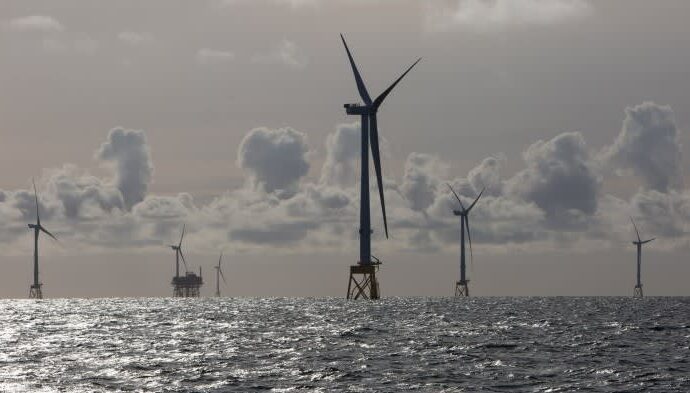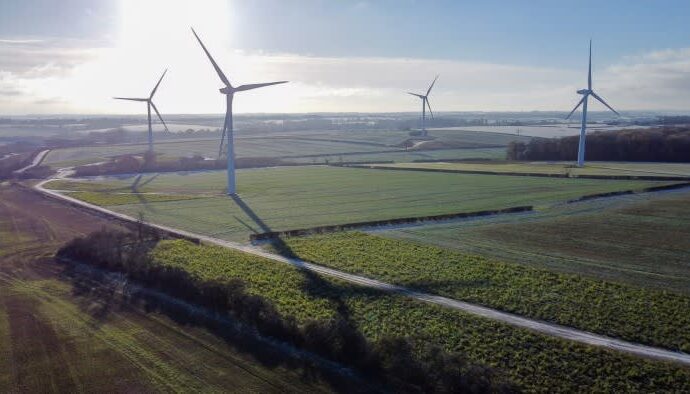Unlock the White House Watch newsletter for free
Your guide to what Trump’s second term means for Washington, business and the world
The US government is backing a Brazilian rare earths mine to the tune of almost half a billion dollars as part of the drive to develop a supply chain outside China for the crucial materials.
The US Development Finance Corporation in August approved a $465mn loan to Serra Verde to help fund the company’s Pela Ema rare earths mine in Goias, Brazil, DFC filings show.
The funds will help Serra Verde increase its production of heavy rare earth metals, the global supply chain for which is dominated by China. The country both mines and refines the metals, and only China is capable of processing the heavy rare earths produced at Serra Verde’s ionic clay mine at scale.
“Given that we’re the only producer in the short to medium term, a number of governments are talking to us,” chief executive Thras Moraitis told the Financial Times. Commercial production began last year.
Serra Verde has amended some sales agreements so that more of its production this decade will be available to buyers globally as new processors and magnet producers come online.
“When at-scale separation of heavy rare earths becomes a reality outside Asia in the next two or three years, we will be in position to supply product to these plants,” Moraitis said.
Rare earths go into the permanent magnets used in a wide range of industries, from automotive to energy and defence.
China’s control of the rare earths supply chain was highlighted this year when Beijing imposed sweeping export restrictions.
Western nations are racing to develop rare earth mining, separation and processing capacity despite a temporary reprieve agreed by US President Donald Trump and his Chinese counterpart Xi Jinping.
The US imported about 8,000 tonnes of rare earth compounds last year, as well as large quantities of finished permanent magnets, according to the US Geological Survey and import data.
Serra Verde is increasing its output and aims to produce between 4,800 and 6,500 tonnes of rare earth oxides a year by early 2027. Upgrades to the mine will be partly financed by the DFC loan.
The DFC, which invests in development projects overseas, said in August that the mine would be “the first significant producer of heavy rare earths outside of China”.
The corporation confirmed that its board “approved the proposed financing” for the mine but declined to comment on talks about buying its output.
Backers of Serra Verde, which was founded in 2007, include the well-known mining investors Boston’s Denham Capital, the Energy and Minerals Group of Houston and Vision Blue, the fund led by former Xstrata chief Sir Mick Davis.
Washington has moved swiftly this year to stimulate the domestic mining sector. A sweetheart deal with rare earths group MP Materials includes the US government guaranteeing a minimum price of $110 a kilogramme for MP’s neodymium-praseodymium, a type of rare earth oxide.
Moraitis said that deal was now being referenced in conversations with buyers. “I’m not sure whether people are prepared to pay exactly that [$110] price, but it’s a very valid conversation now to reference prices off European or emerging US benchmarks,” he said.
The DFC has approved a handful of funding packages for mining projects this year, including $5mn for Aclara Resources, which is also developing a rare earths project in Brazil, and $3mn to Millennial Potash to support the development of a potash mine in Gabon.


